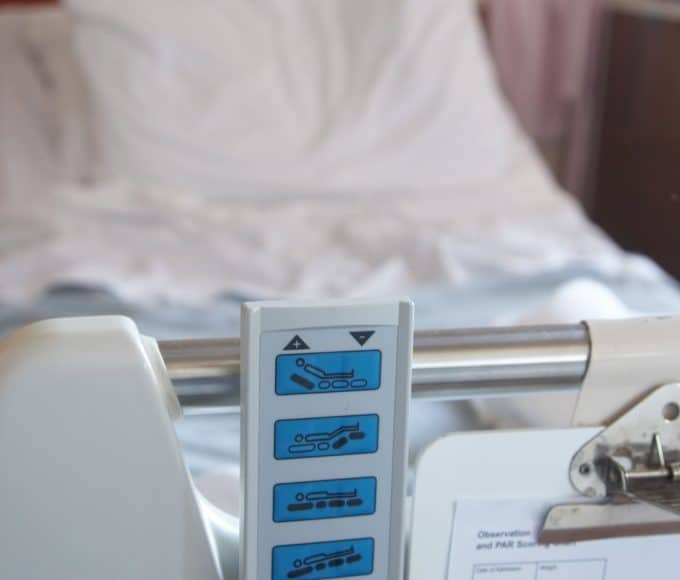According to a new study, a woman’s menstrual cycle has a direct impact on respiratory problems and can increase asthma symptoms.
A Norwegian study has found that women suffer from more severe respiratory symptoms during ovulation than at other times during the month. “The effects of the menstrual cycle on respiratory symptoms in the general population have not been studied. In a cohort of nearly 4,000 women, we found large and consistent changes in respiratory symptoms according to menstrual cycle phase, and, in addition there patterns varied according to menstrual cycle phase, and, in addition, these patterns varied according to body mass index (BMI), asthma, and smoking status,” explained the study’s lead author Ferenc Macsali from the Haukeland University Hospital in Norway.
The study found that wheezing symptoms were most sever between days 10-22 of the ovulation cycle and women reported more shortness of breath between days 7 and 21.
“Our finding that respiratory symptoms vary according to the stage of the menstrual cycle is novel, as is our finding that these patterns vary according to BMI and smoking status,” Mascali explained. “These relationships indicate a link between respiratory symptoms and hormonal changes through the menstrual cycle.”
The study suggests that female patients could benefit from a treatment program that takes into account their menstrual cycle, adjusting medication for the times of the month when symptoms are at their worst.
A study published back in 1996 had similar findings. The study, which was published in the Archives of Internal Medicine, tracked the menstrual cycle of 182 women who were treated in the emergency room for asthma symptoms and found that “20 percent of the patients were preovulatory and 24 percent were in the ovulatory phase when the attacks occurred.”
According to the latest statistics approximately 25 million Americans suffer from and it causes 3,300 fatalities each year. Considering that more women suffer from asthma than men, this study could greatly affect the way doctors treat this very serious ailment.















